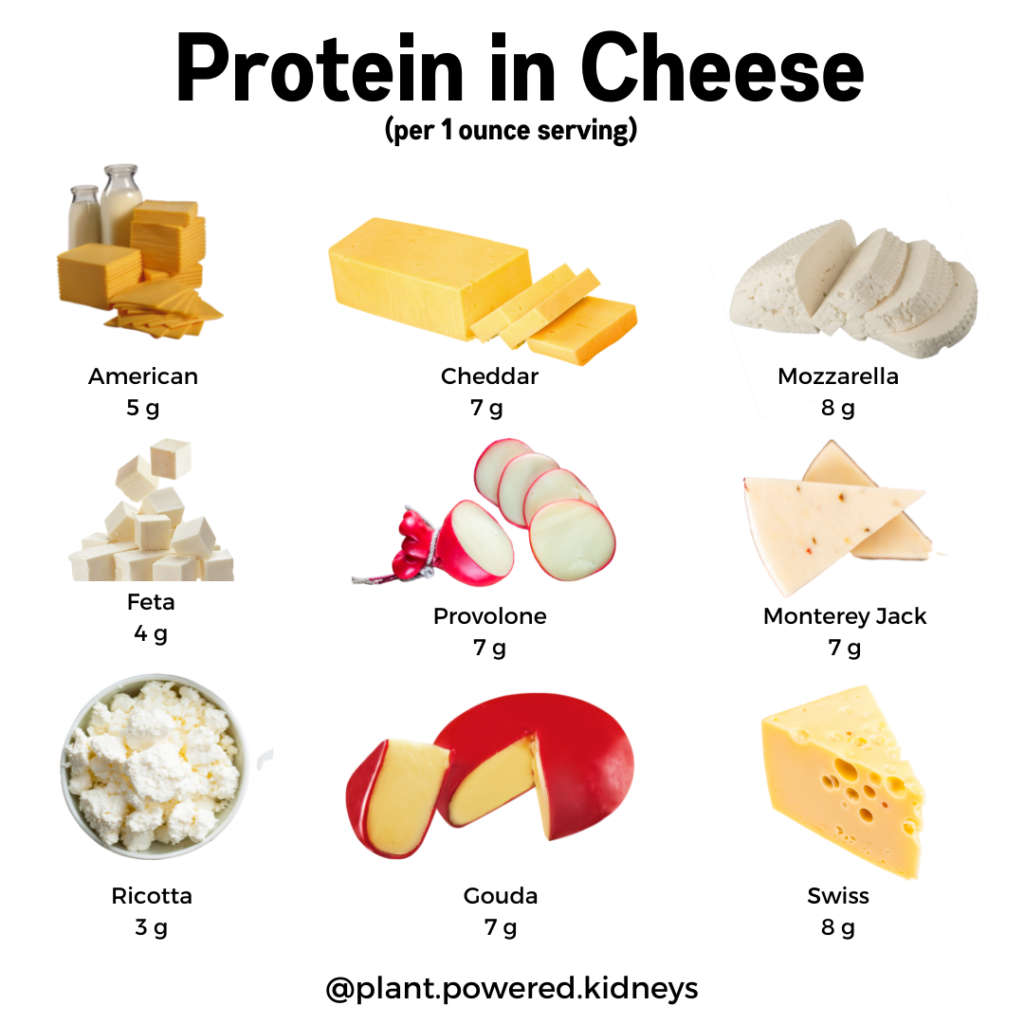Cheddar Cheese Good For Diabetics
Cheddar cheese good for diabetics? It’s a question many people with diabetes ask, considering the cheese’s rich flavor and versatility. But is it a friend or foe when it comes to managing blood sugar levels? Let’s delve into the world of cheddar cheese and diabetes, exploring its nutritional profile, potential benefits, and considerations for incorporating it into a diabetic-friendly diet.
Cheddar cheese, a beloved staple in many kitchens, boasts a unique nutritional profile. It’s a good source of protein and calcium, both essential for overall health. However, it’s also high in fat and sodium, raising concerns for individuals with diabetes who need to carefully manage their dietary intake.
This article will shed light on the complexities of cheddar cheese consumption in the context of diabetes, offering insights into its potential impact on blood sugar levels, along with the importance of portion control and personalized dietary plans.
Cheddar Cheese and Diabetes: An Overview
Cheddar cheese, a beloved staple in many kitchens, has sparked curiosity among individuals with diabetes. Understanding its nutritional profile and potential impact on blood sugar levels is crucial for making informed dietary choices.
Nutritional Profile of Cheddar Cheese, Cheddar cheese good for diabetics

Cheddar cheese is a rich source of various nutrients. It’s high in fat and protein, while being relatively low in carbohydrates. Here’s a breakdown of its macronutrients and key micronutrients:
- Fat:Cheddar cheese is primarily composed of fat, which contributes to its creamy texture and rich flavor. Fat provides energy and plays a role in hormone production and cell function.
- Protein:Cheddar cheese is an excellent source of protein, essential for building and repairing tissues, as well as supporting immune function.
- Carbohydrates:Cheddar cheese contains a small amount of carbohydrates, primarily in the form of lactose. Lactose is a type of sugar that can impact blood sugar levels, but the amount in cheddar cheese is generally low.
- Calcium:Cheddar cheese is a good source of calcium, a mineral crucial for strong bones and teeth, as well as for muscle function and nerve transmission.
- Vitamin B12:Cheddar cheese is also a source of vitamin B12, a nutrient essential for red blood cell formation and nerve function.
Glycemic Index (GI) and Glycemic Load (GL) of Cheddar Cheese
The glycemic index (GI) and glycemic load (GL) of a food measure its impact on blood sugar levels. Foods with a high GI and GL cause a rapid rise in blood sugar, while those with a low GI and GL have a slower, more gradual effect.Cheddar cheese has a low GI and GL, indicating that it does not significantly raise blood sugar levels.
This makes it a potentially suitable food choice for individuals with diabetes, as it can be incorporated into a balanced diet without causing drastic fluctuations in blood sugar.
Diabetes and Dietary Choices
Diabetes is a chronic condition characterized by elevated blood sugar levels. It occurs when the body either does not produce enough insulin, a hormone that regulates blood sugar, or when the body does not respond properly to insulin. Managing diabetes involves maintaining a healthy lifestyle, including a balanced diet, regular exercise, and medication when necessary.Dietary choices play a crucial role in diabetes management.
By consuming foods that have a low impact on blood sugar levels, individuals with diabetes can help keep their blood sugar within a healthy range. This involves choosing foods with a low GI and GL, limiting processed foods and sugary drinks, and focusing on whole, unprocessed foods.
Cheddar Cheese and Blood Sugar Control: Cheddar Cheese Good For Diabetics

The low GI and GL of cheddar cheese suggest that it may have a minimal impact on blood sugar levels in individuals with diabetes. However, it’s important to consider individual factors and the overall context of the diet.
Cheddar Cheese and Blood Sugar Levels
While cheddar cheese is generally considered to be a low-impact food on blood sugar levels, its effect can vary depending on individual factors such as insulin sensitivity, portion size, and the presence of other foods in the meal. For example, consuming cheddar cheese with a high-carbohydrate meal might lead to a greater rise in blood sugar than consuming it with a low-carbohydrate meal.
Cheddar Cheese vs. Other Dairy Products

Compared to other dairy products, cheddar cheese tends to have a lower impact on blood sugar levels. For instance, milk and yogurt have a higher GI and GL than cheddar cheese. However, it’s essential to note that individual responses to dairy products can vary.
Portion Control and Frequency of Consumption
Portion control is key when incorporating cheddar cheese into a diabetic diet. A small portion of cheddar cheese, such as a 1-ounce serving, can be a part of a balanced meal. However, consuming large quantities of cheddar cheese, especially in a single sitting, may contribute to a rise in blood sugar levels.The frequency of cheddar cheese consumption also plays a role.
While occasional consumption of small portions is generally considered acceptable, frequent and large consumption may not be advisable for individuals with diabetes.
Cheddar Cheese and Other Health Considerations
Cheddar cheese offers potential health benefits beyond its impact on blood sugar levels. However, it’s important to be aware of its potential drawbacks as well.
Benefits of Cheddar Cheese for Diabetics
Cheddar cheese can contribute to bone health and muscle building due to its high calcium and protein content. Calcium is essential for strong bones and teeth, while protein supports muscle growth and repair.
Drawbacks of Cheddar Cheese
Cheddar cheese is high in fat, particularly saturated fat. While some fat is essential for health, consuming excessive amounts of saturated fat can increase the risk of heart disease.Additionally, cheddar cheese is relatively high in sodium. Excessive sodium intake can contribute to high blood pressure, a condition that can worsen diabetes complications.
Interactions with Diabetes Medications
It’s important to be aware of potential interactions between cheddar cheese and diabetes medications. Some medications may affect the absorption or metabolism of nutrients in cheese. If you are taking diabetes medication, consult with your healthcare provider to discuss any potential interactions with cheddar cheese.
Dietary Recommendations for Diabetics
A balanced diet is crucial for managing diabetes. The following table Artikels general recommendations for individuals with diabetes:
| Recommended Foods | Foods to Limit or Avoid |
|---|---|
| Fruits (in moderation) | Sugary drinks (soda, juice) |
| Vegetables | Processed foods (fast food, packaged snacks) |
| Whole grains (brown rice, quinoa, oats) | Foods high in saturated fat (fried foods, fatty meats) |
| Lean proteins (fish, poultry, beans) | Foods high in added sugar (candy, desserts) |
| Healthy fats (olive oil, avocado) | Foods high in refined carbohydrates (white bread, pasta) |
Personalized Dietary Guidance
It’s essential to remember that dietary needs vary from person to person. What works for one individual with diabetes may not be suitable for another. Individual factors such as age, activity level, weight, and underlying health conditions can all influence dietary recommendations.
Role of Healthcare Professionals
Registered dietitians and other healthcare professionals can provide personalized dietary guidance for individuals with diabetes. They can assess your individual needs, create a meal plan that aligns with your preferences, and provide ongoing support to help you manage your diabetes effectively.
Consultation with Healthcare Provider
It’s always advisable to consult with your healthcare provider to determine the most appropriate dietary approach for your specific condition. They can provide personalized recommendations and help you make informed choices about incorporating cheddar cheese and other foods into your diet.
Final Thoughts

Ultimately, the question of whether cheddar cheese is good for diabetics is not a simple yes or no. It’s a nuanced topic that requires individual consideration, taking into account factors like blood sugar control, overall health, and dietary preferences. Remember, consulting with a healthcare professional or a registered dietitian is crucial for personalized guidance on incorporating cheddar cheese or any other food into your diabetic diet.
They can provide tailored advice based on your specific needs and help you make informed choices for optimal blood sugar management.
:max_bytes(150000):strip_icc()/Burger_Toppings_Caramelized_Onions__Dates___Blue_Cheese_2-5aea593304d1cf003c73a479.jpg)


Post a Comment for "Cheddar Cheese Good For Diabetics"